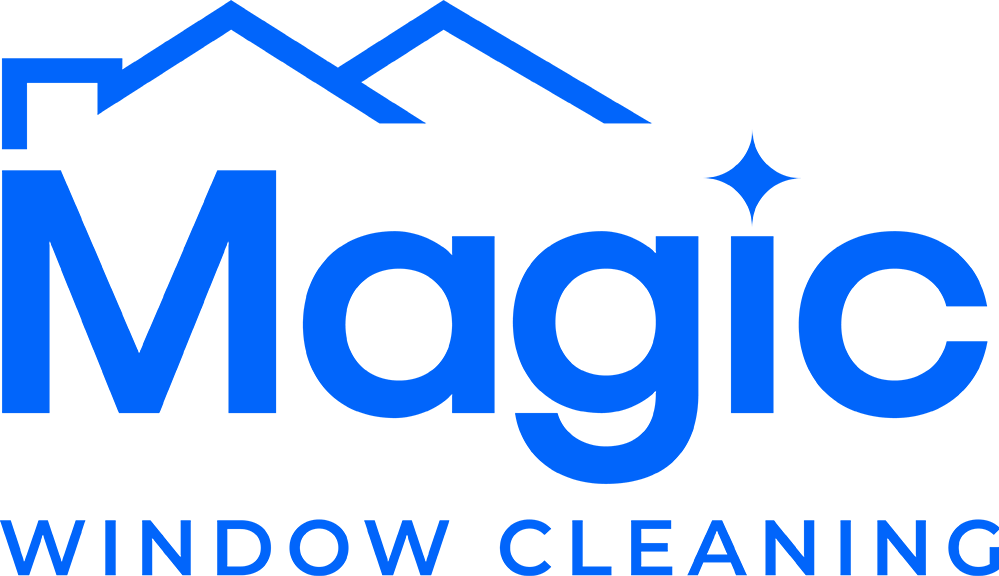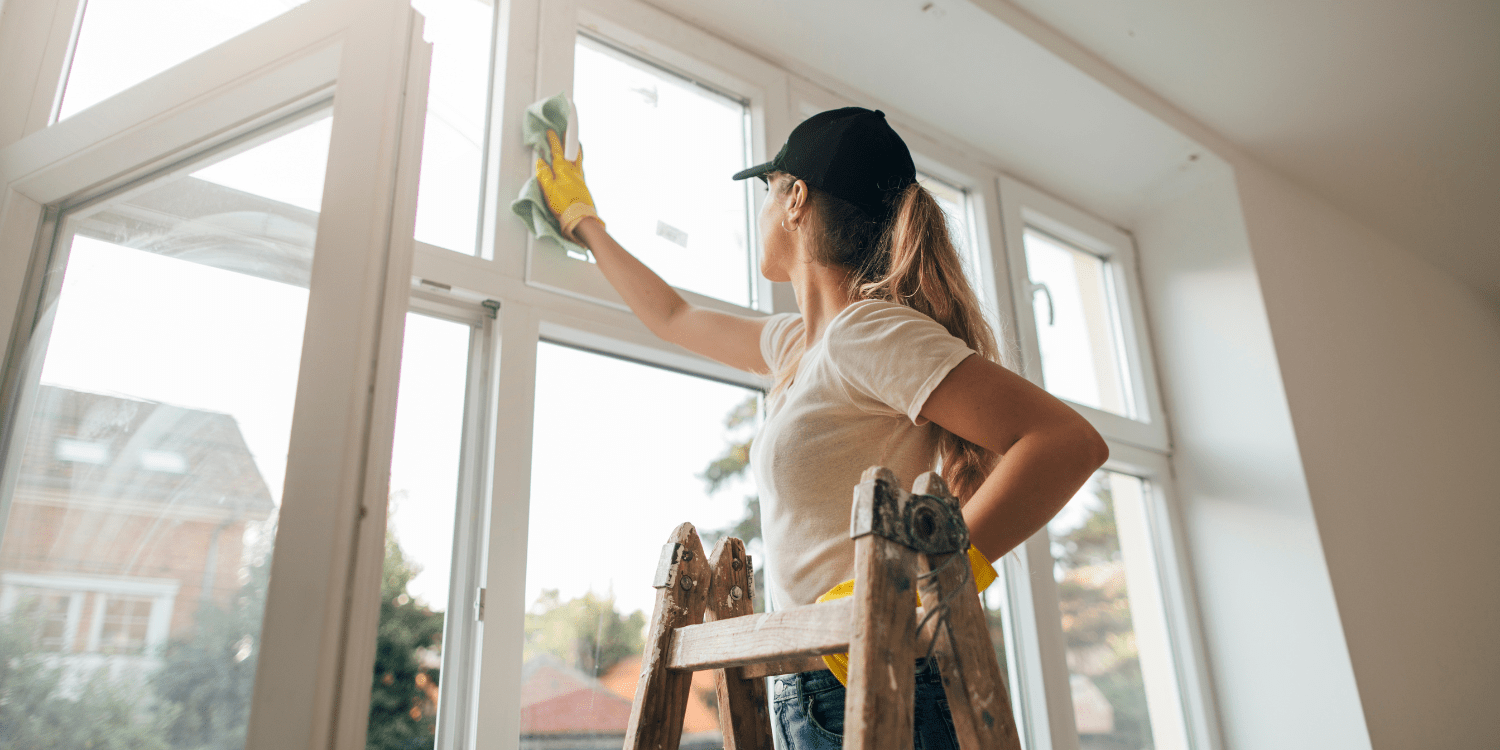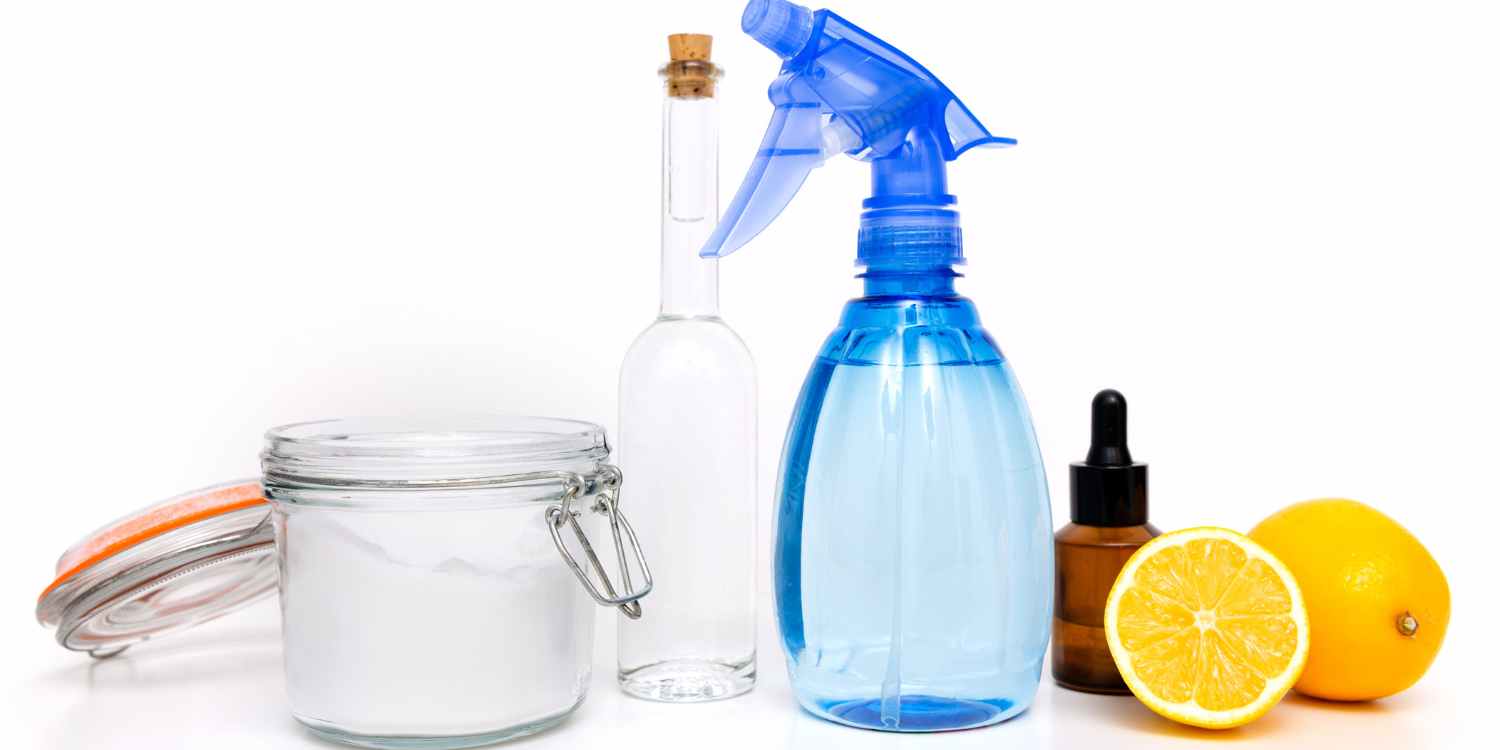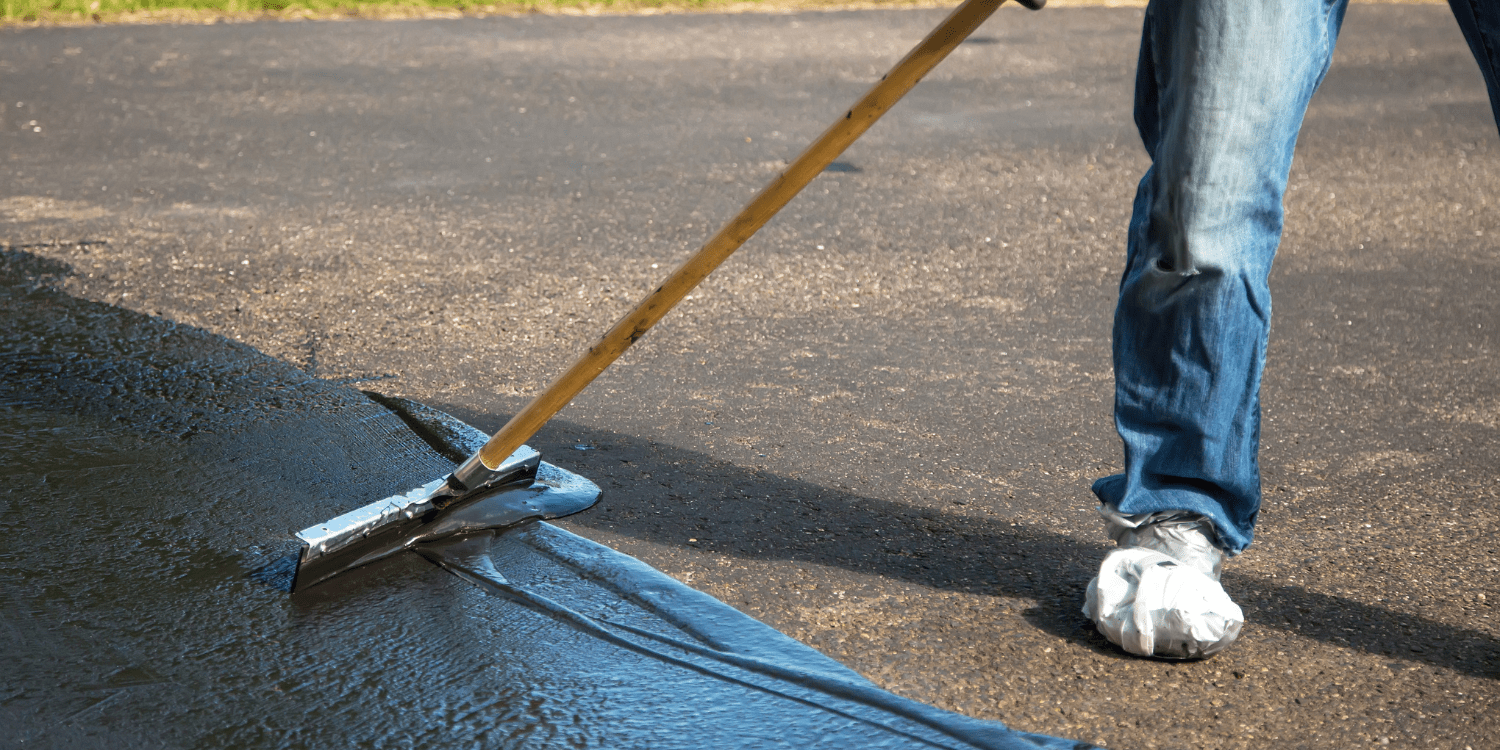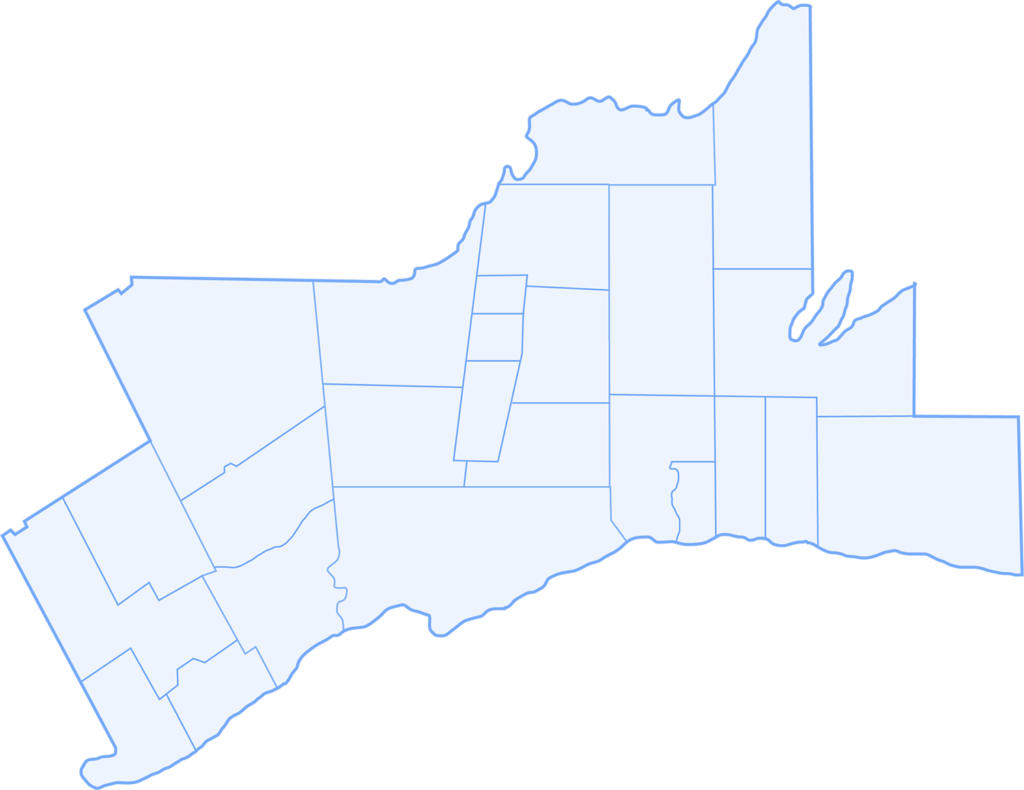Introduction:
Gutters play a crucial role in directing rainwater away from your home’s foundation, preventing water damage and maintaining structural integrity. However, when gutters become clogged with leaves, debris, and other obstructions, they can pose significant risks to your property. In this blog post, we’ll explore the risks of clogged gutters, ranging from foundation damage to pest infestations, and discuss preventive measures to safeguard your home.
The Risks of Clogged Gutters:
- Foundation Damage:
Clogged gutters inhibit the proper flow of rainwater, causing it to overflow and accumulate around the foundation of your home. Over time, this water buildup can saturate the soil, leading to foundation settling, cracking, and structural instability. Foundation repairs can be costly and disruptive, making prevention of clogged gutters crucial for preserving the integrity of your home’s foundation.
- Water Damage:
In addition to foundation damage, overflowing gutters can result in water intrusion into your home’s interior. Water may seep into walls, ceilings, and crawl spaces, causing moisture-related issues such as mold growth, rot, and deterioration of building materials. Water damage restoration can be time-consuming and expensive, highlighting the importance of maintaining clean and functional gutters.
- Roof Damage:
Clogged gutters can also contribute to roof damage by trapping moisture and debris along the roofline. Pooled water and decaying organic matter can accelerate the deterioration of roofing materials, including shingles, flashing, and underlayment. This can compromise the integrity of the roof and increase the risk of leaks, leading to costly repairs or premature roof replacement.
- Pest Infestations:
Standing water and decomposing organic matter in clogged gutters create an ideal breeding ground for pests such as mosquitoes, ants, roaches, and rodents. These pests can not only cause nuisance and discomfort but also pose health risks to occupants. Additionally, clogged gutters provide easy access for pests to enter your home, exacerbating the problem.
Preventive Measures:
- Regular Gutter Cleaning:
The most effective way to prevent clogged gutters is to schedule regular cleaning and maintenance. Remove leaves, twigs, and debris from gutters and downspouts at least twice a year, preferably in the spring and fall when debris accumulation is highest. Consider hiring a professional gutter cleaning service for thorough and efficient cleaning, especially for multi-story homes or properties with extensive gutter systems.
- Install Gutter Guards:
Gutter guards are protective covers or screens that are installed over gutters to prevent debris from entering while allowing water to flow freely. There are various types of gutter guards available, including mesh screens, foam inserts, and solid covers. Choose a gutter guard system that is compatible with your gutter type and consider professional installation for optimal performance.
- Trim Overhanging Branches:
Overhanging branches from trees near your home can deposit leaves and debris into gutters, contributing to clogs. Trim back branches to create a clearance of at least several feet from the roofline, reducing the risk of debris accumulation in gutters. Regular tree maintenance can help minimize the need for gutter cleaning and reduce the risk of roof damage from falling branches.
- Monitor Downspouts:
Ensure that downspouts are properly connected and extend at least a few feet away from the foundation of your home. Use downspout extensions or splash blocks to direct water away from the foundation and prevent pooling near the structure. Regularly inspect downspouts for clogs or obstructions and clear them as needed to maintain proper water drainage.
Conclusion:
Clogged gutters pose significant risks to your home, ranging from foundation damage to pest infestations and roof deterioration. By understanding the dangers associated with clogged gutters and implementing preventive measures such as regular cleaning, gutter guards, and proper maintenance, you can protect your property from costly repairs and maintain its structural integrity. Take proactive steps to keep your gutters clean and functional, ensuring that rainwater is effectively diverted away from your home’s foundation and minimizing the risk of water damage and pest infestations.
